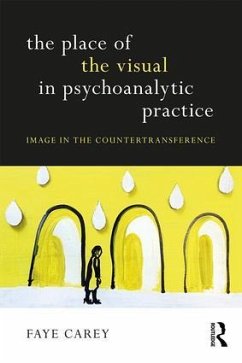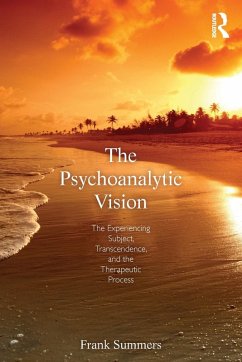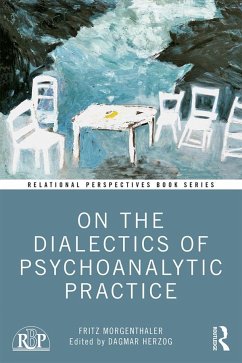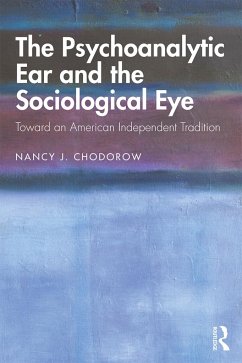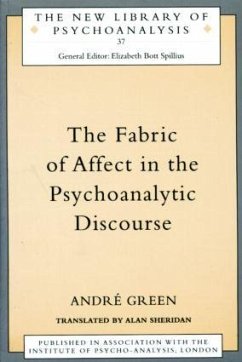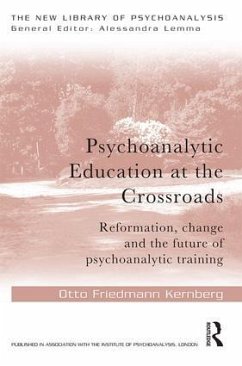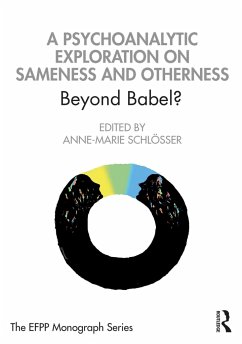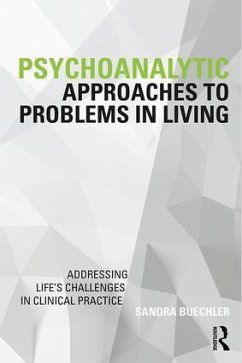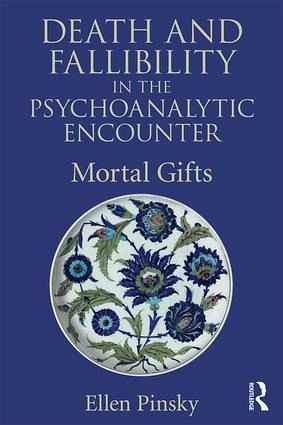
Death and Fallibility in the Psychoanalytic Encounter
Mortal Gifts
Versandkostenfrei!
Versandfertig in 1-2 Wochen
64,99 €
inkl. MwSt.
Weitere Ausgaben:

PAYBACK Punkte
32 °P sammeln!
This book considers psychoanalysis from a fresh perspective: the therapist's mortality-in at least two senses of the word. That the therapist can die, and is also fallible, can be seen as necessary or even defining components of the therapeutic process. At every moment, the analyst's vulnerability and human limitations underlie the work, something rarely openly acknowledged. Covering a broad range of psychoanalytic paradigms, Death and Fallibility in the Analytic Encounter brings fresh understanding of the nature, benefits and pitfalls of psychoanalysis.






